We are a manufacturer of high-quality solar battery products. Our solar panel products are sourced from leading first-tier manufacturers in China, and we serve as their global distributor. In addition to offering products from renowned manufacturers, we also produce our own flexible solar panels, designed to meet diverse customer needs. We also offer customization services for all products to meet specific requirements.
We offer a comprehensive range of services with our products, including:
- Technical Support: Our expert team is available to assist with product selection, system design, and installation guidance.
- Warranty: All of our products come with industry-standard warranties, ensuring long-term performance and peace of mind.
- After-Sales Service: We provide ongoing support for troubleshooting, maintenance, and system optimization.
- Custom Solutions: We can provide tailored solutions for residential, commercial, and industrial energy needs, ensuring optimal system configuration for your specific requirements.
Yes, we offer global delivery for all of our products. We have an efficient logistics network that allows us to ship to most countries around the world. Whether you’re located in North America, Europe, Asia, or other regions, we ensure timely and secure delivery of our solar products to your doorstep. Shipping costs and delivery times vary depending on the destination and the size of the order, and we can provide detailed quotes based on your location.
Our products are certified with the highest industry standards to ensure quality and performance. Some of the key certifications include:
- CE: Conforms to European safety, health, and environmental protection standards.
- IEC: Meets international standards for solar product safety and performance.
- ISO 9001: Certified for quality management systems to ensure consistent product quality.
- UL: Compliance with safety standards required in North American markets.
- TÜV: Certification from TÜV Rheinland to ensure product reliability and durability. These certifications ensure that our products meet global safety and quality standards, providing our customers with confidence in their performance.
Yes, we can certainly recommend components for a complete solar system. Based on your energy requirements, we can suggest the best combination of solar panels, inverters, and energy storage systems that will provide optimal performance for your specific needs. Whether you need a residential, commercial, or industrial solution, we will work with you to design a custom system that maximizes energy efficiency and savings. Our team will also assist with installation guidelines to ensure a seamless setup.
The type of solar system you need depends on your energy goals and your location’s infrastructure:
- Grid-Tied System: Ideal if you are connected to the local electricity grid and want to use solar power while still drawing from the grid when necessary. This system allows you to sell excess power back to the grid, reducing electricity costs.
- Off-Grid System: Perfect for remote locations without access to the grid. This system requires energy storage solutions like batteries to store excess power for use when the sun isn’t shining.
- Hybrid System: Combines the benefits of both grid-tied and off-grid systems. It allows you to draw power from the grid while also storing excess energy in batteries, ensuring you have reliable energy access even during power outages.
We offer comprehensive warranties for all of our solar products. Our solar panels typically come with a 10-25 year performance warranty, ensuring they maintain a high level of efficiency. Our inverters and energy storage systems usually come with 5 years of warranty coverage, depending on the product. We stand behind the quality and durability of our products and are committed to providing long-term support.
Solar panels work by using the photovoltaic effect to convert sunlight into electricity. Each panel consists of multiple solar cells made from silicon, which absorbs sunlight. When sunlight hits the surface of the solar cells, photons (light particles) excite electrons, creating an electrical current. These electrons flow through the circuit of the solar panel, generating electricity, which is then converted into usable alternating current (AC) by an inverter. The efficiency of solar panels is influenced by factors such as the materials used, installation angle, and sunlight exposure.
The amount of energy you can save with solar panels depends on various factors, including your energy consumption, system size, the amount of sunlight your location receives, and the efficiency of your solar setup. On average, residential solar systems can reduce electricity bills by 50-80%. A detailed energy audit and system design from our team can help you estimate the specific savings for your situation.
To get an estimate of savings, you can use the Solar Calculator, which provides an estimate based on your location and energy consumption.
The cost of installing solar panels varies depending on several factors, including system size, brand, installation location, equipment quality, and local labor costs. On average, the installation cost for residential solar systems ranges from $2 to $3 per watt. For an average home, installing a complete solar system can cost between $10,000 and $30,000, depending on roof size and energy requirements. It’s important to note that many regions offer tax credits and incentives that can significantly reduce the initial investment. Additionally, with advancements in technology and market competition, the cost of solar installations continues to decrease.
The payback period for solar panels typically ranges from 6 to 10 years, depending on several key factors such as initial investment, electricity rates, system efficiency, and the amount of sunlight in the location. After installation, savings on electricity bills gradually add up, and over time, the energy savings can increase. In many cases, solar systems have a lifespan of 25 years or more, meaning that after the payback period, the system can continue to provide “free” electricity for many years.


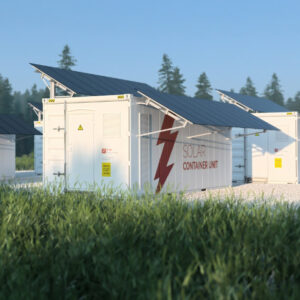
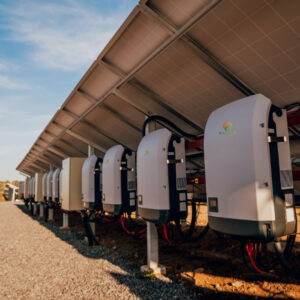
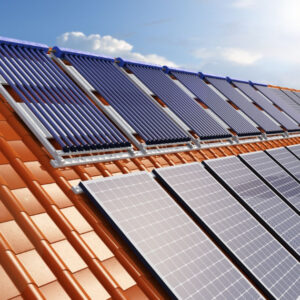
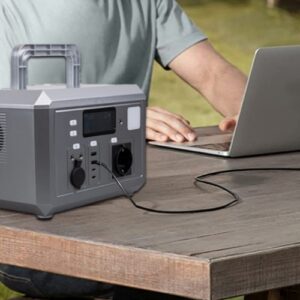
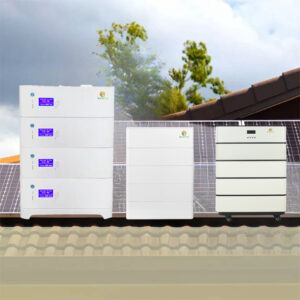
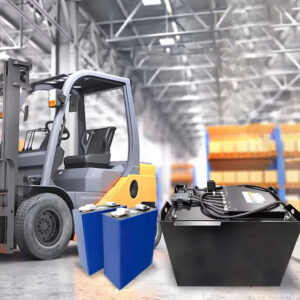
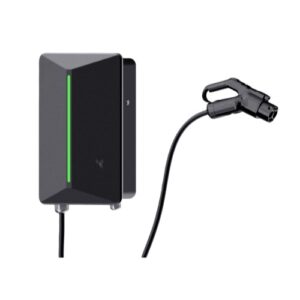
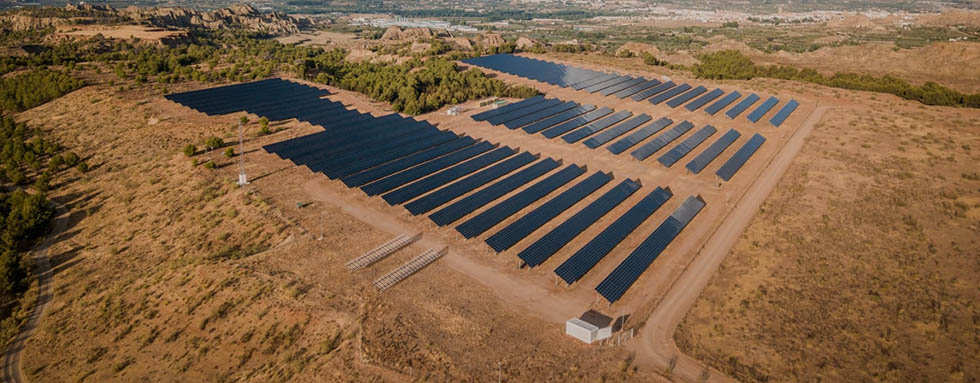
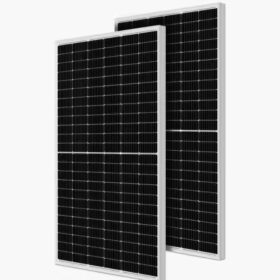 Solar Panel
Solar Panel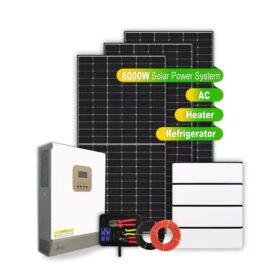 Solar Power System
Solar Power System